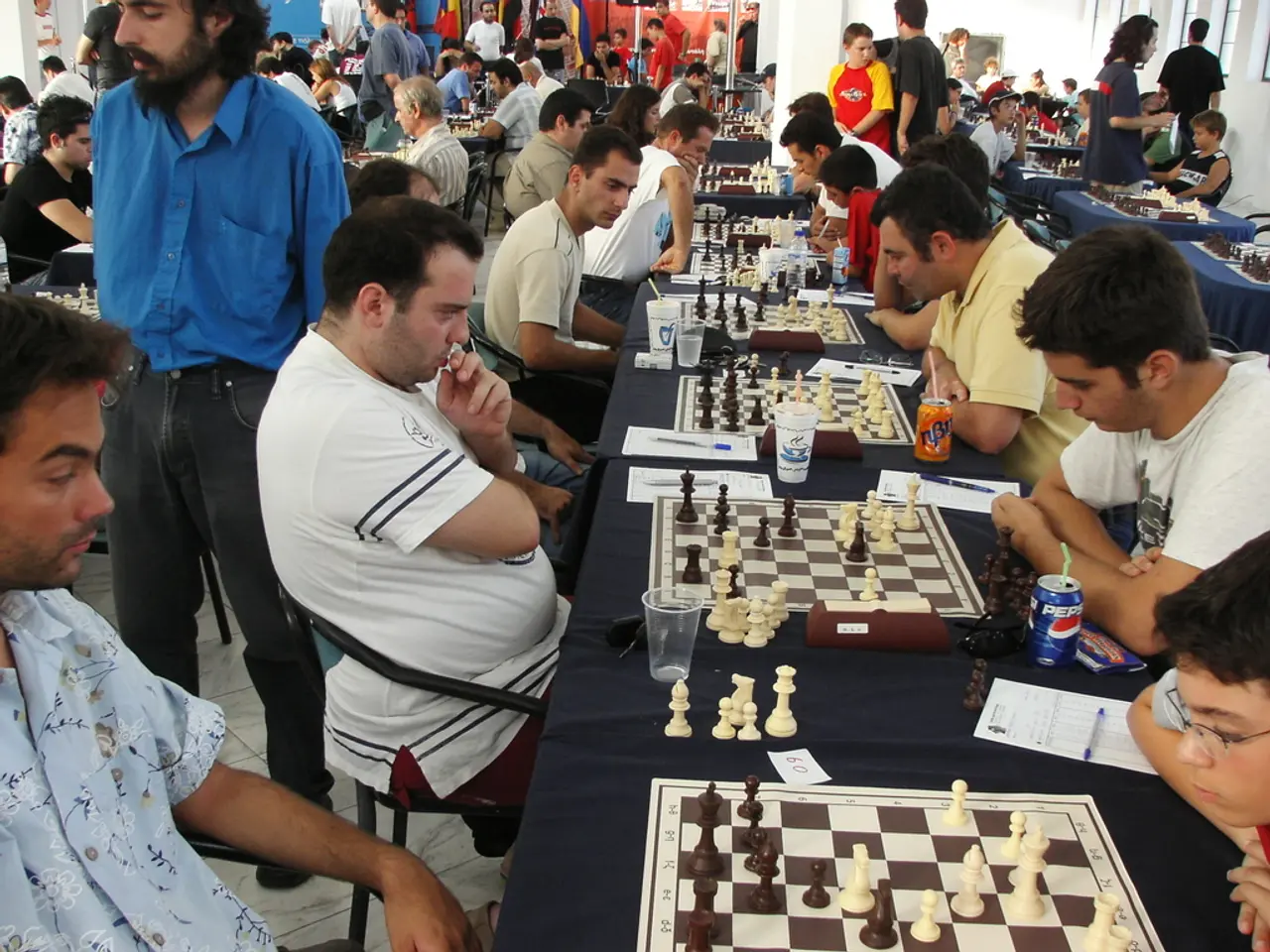Friend Swindles Companion Once More, Gambling Away 427,000 Rubles at a Casino in Sakhalin
In Yuzhno-Sakhalinsk, a local resident is currently standing trial for fraud, following a series of events that began with the misuse of trust and ended in gambling away money he had fraudulently obtained.
The individual, previously convicted for fraud, found himself in financial distress and resorted to seeking the help of an acquaintance. He fabricated a plausible story about alleged business problems, claiming to be an individual entrepreneur with urgent tax debts and frozen bank accounts. However, the criminal case materials suggest that this incident is a case of simple fraud.
To solicit help, he used emotional messages on the social network "VKontakte," appealing to the sympathy of his friend. These messages included tearful pleas for help, pressure on sympathy, and assurances of the seriousness of the alleged situation.
Investigations revealed that the money was not spent on taxes or frozen accounts as claimed, but on gambling. The defendant admitted to spending the money on personal needs and gambling, specifically in casinos. This revelation led to the gambling addiction aspect of the case, with concerns that gambling can lead people to lose their sense of proportion.
The regional court agreed with the prosecutor's arguments and made the necessary correction to the verdict. Notably, the verdict was appealed by the prosecutor, not the defendant. The prosecutor also pointed out legal inaccuracies in the formulation of the charge, and in the descriptive part, the crime was correctly characterized as theft by deception. However, in the resolution part, such qualification was omitted.
Despite the verdict correction, the punishment remains unchanged. The case serves as a reminder that trusting relationships can be dangerous in the absence of guarantees, and individuals should be cautious before offering financial assistance, especially when faced with emotional appeals.
What was the money fraudulently obtained for, if not taxes and frozen accounts? It appears that the defendant's financial troubles led him to pursue casino-and-gambling, which ultimately contributed to the gambling-trends in general-news, often linked with crime-and-justice.







